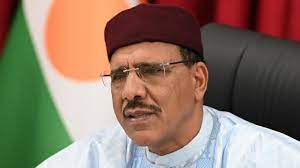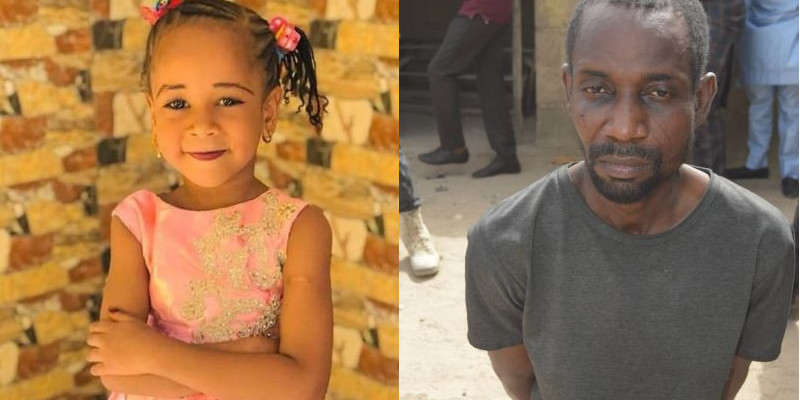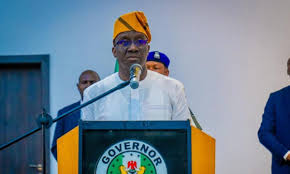Niger’s military regime declared on Sunday its intention to bring ousted President Mohamed Bazoum to trial for “high treason,” while also criticizing West African leaders for their imposition of sanctions on the nation.
The Economic Community of West African States (ECOWAS) has imposed sanctions on Niger in response to the coup and has not ruled out the possibility of employing force against the army officers responsible for toppling the democratically elected President Bazoum on July 26.
The West African bloc has authorized the deployment of a “standby force to reinstate constitutional order” in Niger at the earliest opportunity, while remaining firmly dedicated to seeking a diplomatic resolution to the ongoing crisis.
Niger’s military leaders have announced their intention to prosecute President Bazoum “for acts of high treason and for undermining the internal and external security of Niger,” as stated by Colonel-Major Amadou Abdramane in a televised address.
President Bazoum, aged 63, along with his family, has been held at the official Niamey residence since the coup. Concerns from the international community are mounting regarding his well-being and conditions of detention.
A member of his inner circle mentioned witnessing his doctor’s appointment on Saturday.
“Following this consultation, the doctor indicated no concerns about the well-being of the ousted president and his family,” the military officials stated.
Furthermore, they denounced the sanctions placed on Niger, emphasizing that these measures had created challenges in obtaining essential supplies such as medicine, food, and electricity, and were deemed as “unlawful, cruel, and degrading.”
The remarks surfaced mere hours after religious mediators engaged in discussions with General Abdourahamane Tiani, the leader of the coup, during which he conveyed his regime’s willingness to explore diplomatic avenues for resolution.
Tiani expressed that their doors were open to explore diplomacy and seek peace in resolving the matter, as stated by Sheikh Bala Lau. This came a day after a Nigerian Muslim delegation led talks in the capital Niamey.
Tiani asserted that the coup was carried out with good intentions, aimed at averting an imminent threat that could have impacted both Nigeria and Niger. Sheikh Bala Lau’s statement further conveyed this perspective.
However, Tiani expressed disappointment over ECOWAS issuing an ultimatum to reinstate Bazoum without first considering “their side of the matter.” The statement highlighted the pain caused by this action.
The Muslim leaders, with the endorsement of Nigerian President Bola Tinubu – who also heads ECOWAS – visited Niamey as part of their diplomatic efforts.
Tinubu has taken a strong stance against the recent coup, which marks the sixth occurrence within an ECOWAS member state since 2020.
As a response, the bloc has halted financial transactions, cut off electricity supplies, and imposed border closures with landlocked Niger, thereby obstructing vital imports to one of the world’s most economically challenged nations.
On July 30, the bloc issued a seven-day ultimatum for the restoration of Bazoum’s leadership, warning of potential use of force if the demand was not met. However, the deadline expired without the new regime yielding.
A crisis meeting scheduled for Saturday to address the coup, set to take place in Ghana’s capital Accra, was canceled due to “technical reasons.”
Support for the new military rulers has been visibly demonstrated through rallies in Niamey. Notably, thousands of predominantly young attendees gathered for concerts at the Seyni Kountche Stadium on Sunday to show solidarity with the National Council for the Safeguard of the Homeland (CNSP), the group of generals who have assumed control. The crowd proudly waved the flags of Niger, Burkina Faso, Mali, and Russia.
The possibility of a military intervention aimed at reinstating Bazoum has resulted in a division among ECOWAS members, prompting concerns and admonitions from foreign powers, including Russia and Algeria.
Neighboring countries Mali and Burkina Faso, both under military governance following coup takeovers, have stated that such an intervention would be interpreted as a declaration of war against them.




